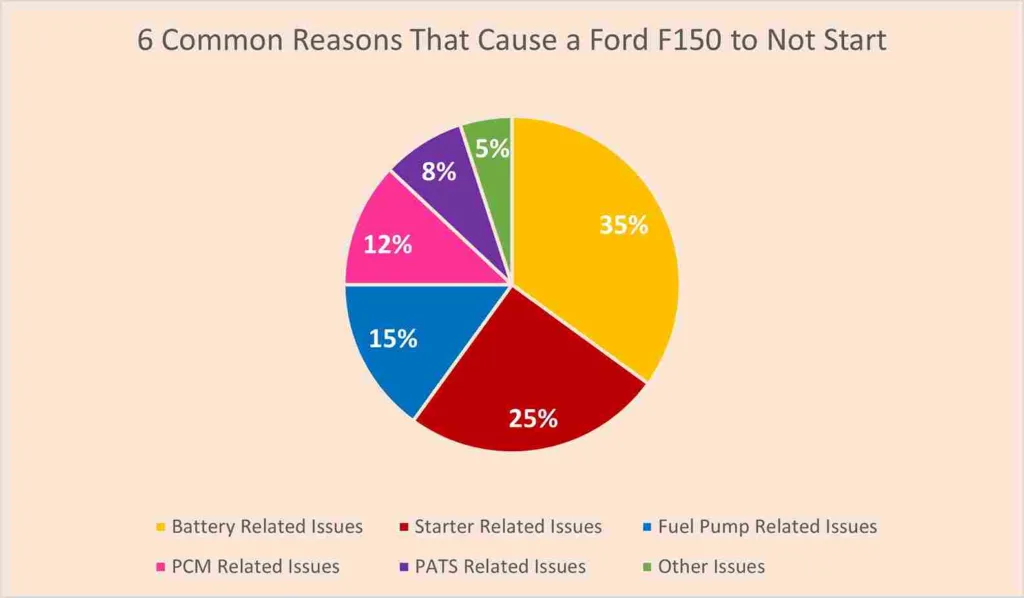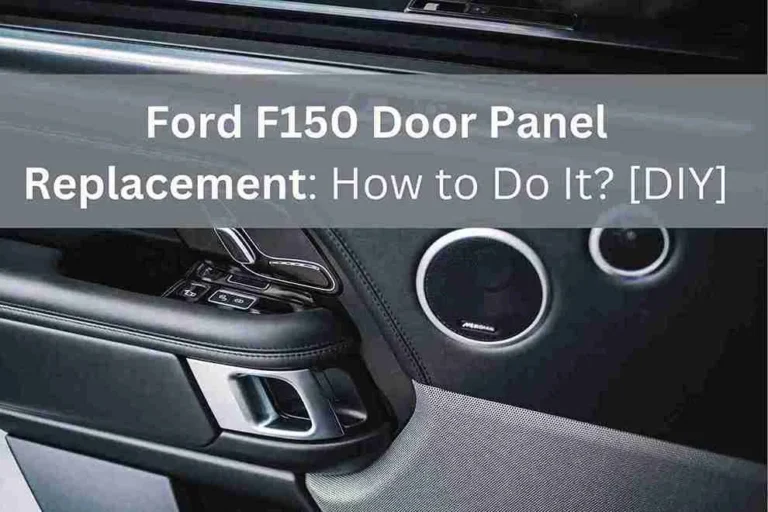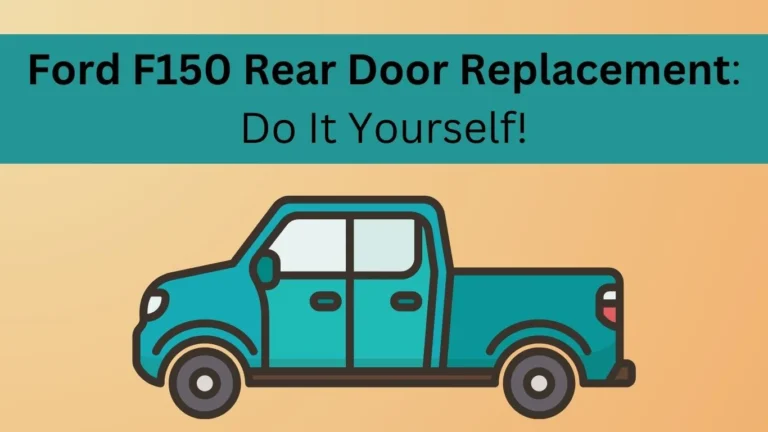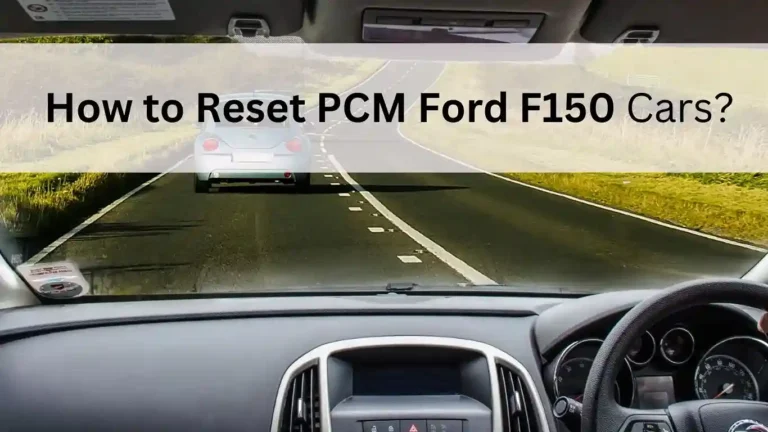Looking into what would cause a Ford F150 to not start, I would suspect the battery, starter, fuel pump, PCM unit, and PATS. However, things you could be more complicated than that, with more reasons to be involved behind the vehicle to not start.
In this guide, I’m just going to break down some of the causes that tend to make a Ford F150 unable to start. That’s where stable troubleshooting should start.
Keep On Reading…
Table of Contents
6 Reasons Causing a Ford F150 To Not Start!
There are a few reasons that may hinder your Ford F150 car from cranking and starting. Let me share some of the most common reasons that would cause a Ford F-150 to not start:

Cause 1: Battery-Related Issues
The battery is crucial for providing the initial power that the F150 car needs to start the engine. Based on RepairPal, 38% of the time the F150 car won’t start due to a dead battery. the battery has low power or is damaged, it may not have the capacity to crank the engine.
Then again, the corrosion on the battery terminals can create a poor electrical connection, hindering the flow of power. This is one of the reasons for F150 turning over but not starting.
Plus, sometimes the issues with the Battery Monitor Sensor (BMS) can interrupt the accurate monitoring of the battery’s health, leading to a failure to start. Sometimes, faulty BCM, terminal decay, and other issues with the battery can make the f150 not start even following a new battery replacement.
- Low battery power
- Rusty terminals of the battery
- No juice in the battery
- Issue with BMS (Battery Monitor Sensor)
Cause 2: Starter Related Issue
The starter is responsible for turning the engine over during the starting process. When this part goes bad, it can cause intermittent starting issues.
According to ATVHelper, it’s got magnets and coils that team up, but you might need to change them out every 5 years or so.
Apart from this, a broken starter solenoid wire can prevent the starter motor from functioning properly, halting the engine cranking process.
The burnt starter relay fuses can also interrupt the electrical flow to the starter, causing the F150 car to not start properly.
In that case, you may wonder or ask others to find out exactly how do I know if my starter is bad on my F-150 or not.
You can know if your starter is bad on your F-150 through signs. Like, the car’s engine won’t crank, intermittently, or slowly start. Sometimes your car will make grinding or whirring sounds when starting it.
- Broken starter
- Cracked starter solenoid wire
- Dead starter relay fuses
Cause 3: Fuel Pump Related Issues
The fuel pump is like a delivery man for the car’s engine. It makes sure the engine gets the right amount of fuel to work.
If something goes wrong with the fuel pump driver module or the fuel pump itself, the engine might not get enough fuel, and the car won’t start. This is one of the reasons why the F150 won’t start after replacing the battery.
And, if the fuse for the fuel pump relay blows, it stops the power to the fuel pump, making it even harder for the car to start, like taking away its energy.
- Damaged fuel pump driver module
- Faulty Fuel pump
- Burnt fuel pump relay’s fuse
Cause 4: PCM Related Issues
The Powertrain Control Module (PCM) is like the brain of a car. It helps different parts of the engine work together.
When the PCM is not working right or goes bad, it can stop the engine from starting properly in the F150 car. Apart from this, blown-out PCM fuses can cause the car to start.
- Dead PCM unit
- Blown PCM fuses
Cause 5: PATS Related Issues
The F150 car has a system called Passive Anti-Theft System (PATS), which can stop starting the car if it has some issues.
And, if the PATS fuses are not working well or the PATS transceiver (a part of the system) is cracked, the car won’t recognize the key properly. This mix-up means the engine won’t start.
- Faulty PATS fuse
- Damaged PATS transceiver
Cause 6: Other Issues
Finally, there are a few problematic parts that might stop your Ford F150 car from starting properly. These are:
- Broken key
- Exhaust Gas Recirculation (EGR) pressure sensor issue
- Issues with the transmission oil pump
- Faulty Body Control Module (BCM)
- Electronic Emission Vacuum Pump (EEVP) valve bug
- Broken Neutral Safety Switch.
If you’ve checked other possible causes and the truck still won’t start, these issues should be looked into.
Note: To find more on exactly how to fix a non-starting F150, you can check this guide.
Wrap Up
That’s what would cause a Ford F150 to not start! Be sure to fix the culprit to get rid of the related issue and enjoy driving your car with no grinding sound or cranking struggle. Hope this guide helps you to find the real culprit that is not starting issues. See Ya!




